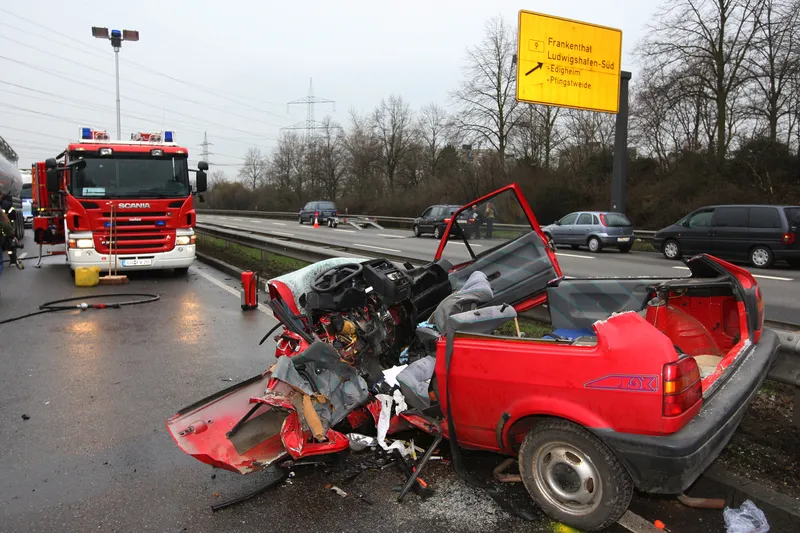More than 3,000 council-maintained road bridges in Great Britain are substandard, according to a report by the RAC Research Foundation.
Analysis of data received from 199 of the 207 local highway authorities in England, Scotland and Wales found that 3,203 structures over 1.5m in span are not fit to carry the heaviest vehicles now seen on our roads, including lorries of up to 44 tonnes. The 3,203 bridges represent about 1 in 23 of the roughly 72,000 bridges to be found on the local road network.
Many o
March 10, 2017
Read time: 2 mins
More than 3,000 council-maintained road bridges in Great Britain are substandard, according to a report by the RAC Research Foundation.
Analysis of data received from 199 of the 207 local highway authorities in England, Scotland and Wales found that 3,203 structures over 1.5m in span are not fit to carry the heaviest vehicles now seen on our roads, including lorries of up to 44 tonnes. The 3,203 bridges represent about 1 in 23 of the roughly 72,000 bridges to be found on the local road network.
Many of these bridges have weight restrictions. Others will be under programmes of increased monitoring or even managed decline.
Devon tops the list, with 249 of its bridges judges to be sub-standard, followed by Somerset with 210 and Essex with 160.
The total cost of clearing the backlog of work on all bridges, including those that are substandard, is estimated at US$4.7 billion (£3.9 billion). Councils are currently spending just an eighth of that, an estimated US$543 million (£447 million), per year maintaining their entire bridge stock, blaming a lack of funding and skills shortages for the shortfall.
Steve Gooding, director of the4961 RAC Foundation, said: “In the face of growing traffic volumes and ageing infrastructure the danger is that without an adequate long-term funding settlement we will see more rather than fewer bridges with weight restrictions, with the backlog bill getting bigger all the time.”
Analysis of data received from 199 of the 207 local highway authorities in England, Scotland and Wales found that 3,203 structures over 1.5m in span are not fit to carry the heaviest vehicles now seen on our roads, including lorries of up to 44 tonnes. The 3,203 bridges represent about 1 in 23 of the roughly 72,000 bridges to be found on the local road network.
Many of these bridges have weight restrictions. Others will be under programmes of increased monitoring or even managed decline.
Devon tops the list, with 249 of its bridges judges to be sub-standard, followed by Somerset with 210 and Essex with 160.
The total cost of clearing the backlog of work on all bridges, including those that are substandard, is estimated at US$4.7 billion (£3.9 billion). Councils are currently spending just an eighth of that, an estimated US$543 million (£447 million), per year maintaining their entire bridge stock, blaming a lack of funding and skills shortages for the shortfall.
Steve Gooding, director of the







